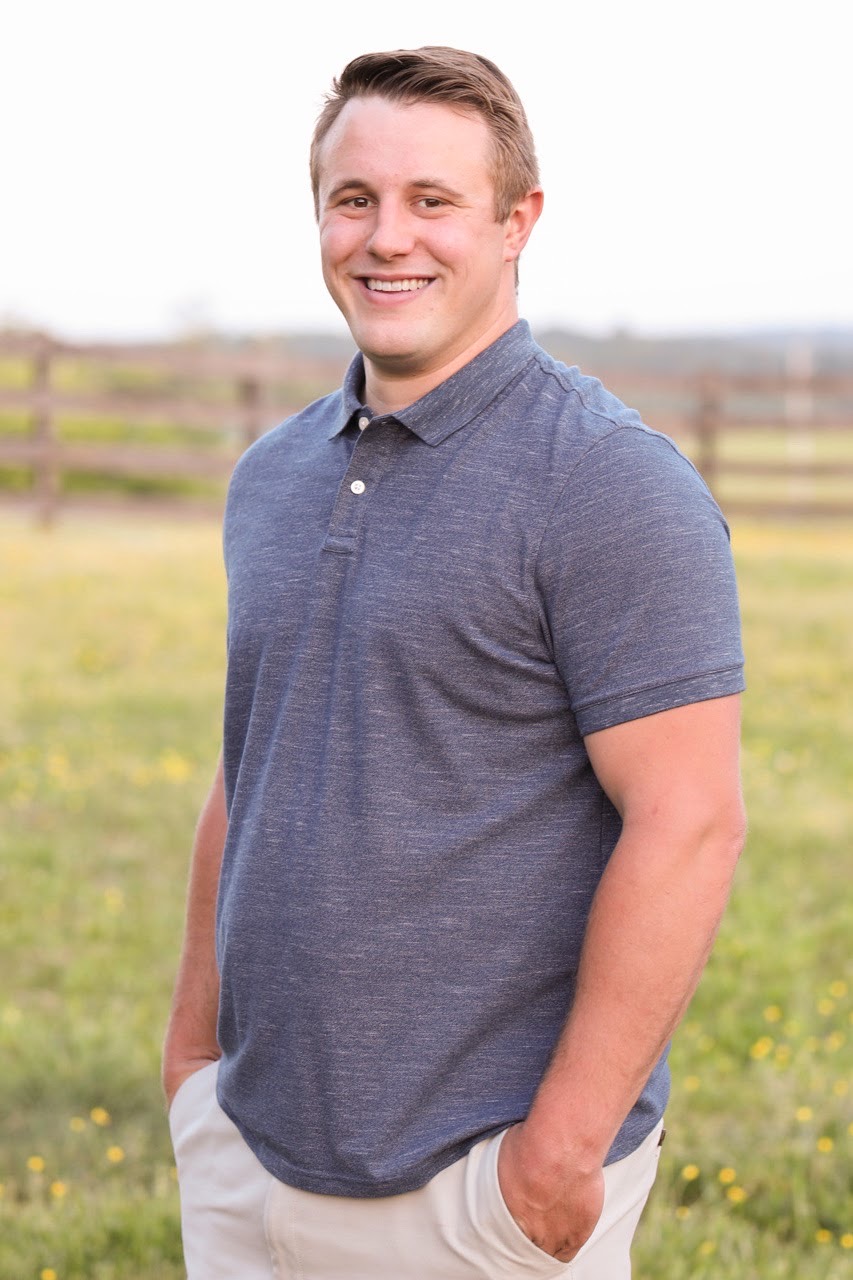In addition to Adam V. Slatniske’s outstanding community service as an experienced Maryland dentist, Adam Slatniske also has a long history of charitable involvement. As testament to his concern for public welfare and populations in need, he established his dental practice as one of the few in the area with the expertise and infrastructure to treat individuals with physical and mental disabilities.
He also has a long history of offering pro bono dental work to low-income patients, including those living with HIV/AIDS.
While attending Nova Southeastern Dental School in South Florida, Adam Slatniske was a volunteer blood drive organizer and a frequent personal donor of both whole blood and blood platelets. He even placed himself on the bone marrow donor list to benefit patients with leukemia and other blood-related diseases.
While an undergraduate at Washington College, Adam Slatniske assisted residents at the nearby Copper Ridge Nursing Home – a facility that served local patients with dementia and Alzheimer’s disease. As a volunteer with Neighbor Ride, he provided transportation for residents who could no longer operate a vehicle due to age or infirmity, driving them to important appointments and helping them run errands.
His other community activities included promoting domestic violence awareness and shoveling out the Chestertown Hospital during the local blizzard of 2010, ensuring that the emergency department could continue safe and effective operations.
A firm believer in all types of social outreach and human aid, Adam Slatniske greatly appreciates the outstanding efforts of faith-based nonprofit organizations around the world. In fact, he recently partnered with his girlfriend to found the Christian charitable nonprofit Inspiring The Way.
The Enormous Impact of Faith Based Organizations
Nonprofit faith-based organizations (FBOs) have long been a crucial piece of the overall global aid and relief puzzle. In fact, according to the independent philanthropic authority the Health Communication Capacity Collaborative, FBOs have been providing free healthcare for vulnerable people in developing countries for well over a century and are currently responsible for roughly 40% of all healthcare services in sub-Saharan Africa.
Because they typically have a lasting if not permanent place within the communities they serve, FBOs often develop and maintain a firm understanding of the local context and are able to champion the specific issues that are most important to specific populations in need.
FBOs aid the disenfranchised by delivering services of exceptionally high quality, effectively mobilizing resources, contributing to universal consensus-building, and connecting local communities with appropriate higher authorities.
Many times, FBOs are the only philanthropic organizations at work in particularly remote areas. Due to their high levels of dedication and generally long-term community commitments, they also tend to be the most trusted and respected providers of charitable goods and services among local populations.
Their close links to these populations place them in a unique position of influence, which in turn allows them to address entrenched cultural factors that may be contributing to serious problems such as child mortality.
Because religious values and practices drive the various operations and initiatives of FBOs, they are often imbued with a moral imperative that secular charities may lack. This moral imperative can also be a great way to connect with the people whom they serve. As religion is often ingrained deeply within the fabric of people’s daily lives, FBOs that stand on the fertile ground of shared faith can readily build mutual understanding and trust.
They can also generate a strong imperative to engender positive change by calling on people’s sense of moral duty.
Historically, FBOs have been leading global providers of life essentials such food, shelter, and clothing to people in need. Through these initiatives and others, they are driving community development on a massive level.
In fact, many charitable nonprofits that have become household names are FBOs, even though the general public may not be aware of their religious affiliations. Habitat for Humanity, for example, is extremely well-known as a builder of houses and a provider of homeownership, but far less known as an FBO.
Although FBOs may share specific religious affiliations with the communities they serve, many do not. Equal opportunity service providers, FBOs are prohibited from discriminating based on faith, race, gender, age, or physical/mental ability. In addition to serving people of all types, they generally welcome staff members, supporters, and volunteers from a broad spectrum of backgrounds.
Inspiring The Way – A Christian Nonprofit
Rooted in the giving spirit of traditional Christian values, Adam Slatniske’s FBO, Inspiring The Way, supports charitable organizations to provide critical financial assistance in a broad spectrum of areas. It does so by hosting fundraising events and donating the proceeds to a worthy cause.
This is a Contributor Post. Opinions expressed here are opinions of the Contributor. Influencive does not endorse or review brands mentioned; does not and cannot investigate relationships with brands, products, and people mentioned and is up to the Contributor to disclose. Contributors, amongst other accounts and articles may be professional fee-based.

